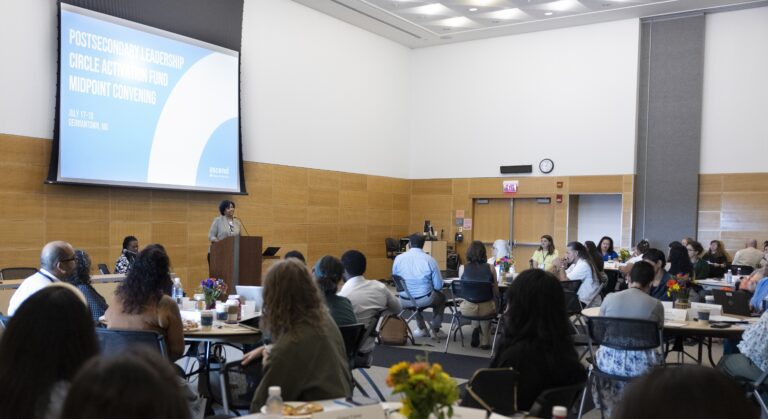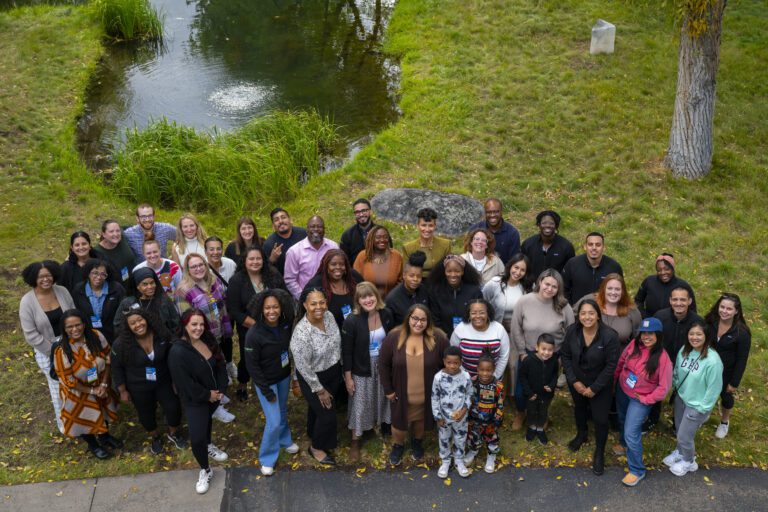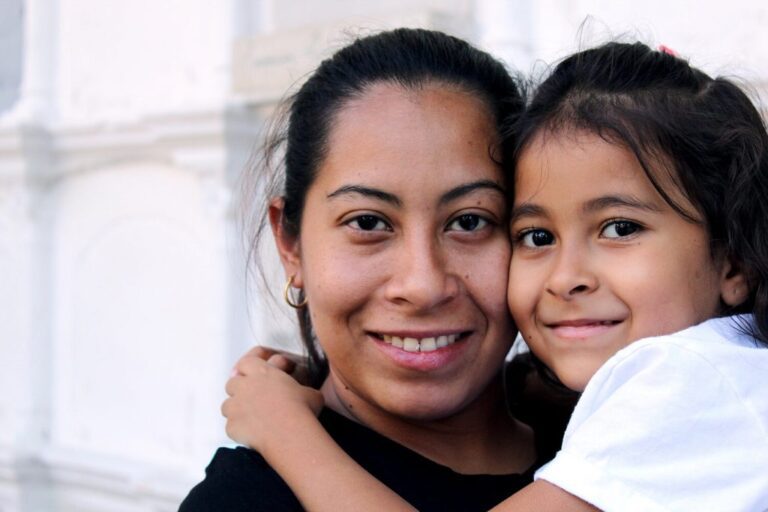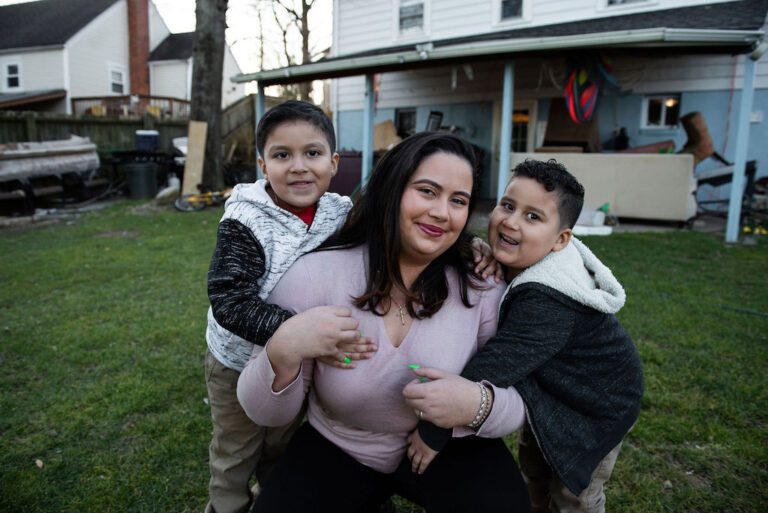Announcing: Ascend and JED’s Mental Health Partnership for Student Parents
Contact: Alexis Williams
Ascend at the Aspen Institute
alexis.williams@aspeninstitute.org
Ascend at the Aspen Institute and The Jed Foundation Announce Partnership
To Develop a Mental Health Framework Focused on Students who are Parents
Based on results from a literature review released today, leaders will develop evidence-based resources and expert-informed recommendations to address the mental health needs of student parents in higher education.
Washington, DC (December 3, 2020) – Today, Ascend at the Aspen Institute and The Jed Foundation (JED) announced they are building a framework to support the mental health of student parents pursuing postsecondary credentials. This framework, which will be released in 2021, will focus on the persistence of student parents by tackling two distinct but interrelated issues: improving mental health supports on campus for student parents in order to raise graduation rates, and sharing clear guidance to postsecondary mental health providers.
Supporting student mental health is a recognized component of effective, comprehensive strategies to promote postsecondary completion and to pave the way for economic mobility. Development of this framework began with a literature review and virtual engagement with a group of student parents, mental health advocates, and postsecondary experts.
Today, the organizations released a literature review titled The Mental Health Challenges Experienced by Student Parents. The report by Shirley Leyro, Ph.D., assistant professor of criminal justice at Borough of Manhattan Community College, CUNY, highlights the scarce amount of literature available on this underserved college population and explores the unique mental health challenges faced by the various subgroups with which student parents intersect, including race, marital status, and gender.
“From financial hardship to the stressors that come with being both a college student and primary caregiver and household provider, the obstacles experienced by parenting students are significant,” Dr. Leyro wrote in the report.
The literature review cites survey data collected by Ascend Network Partners, including The Hope Center for College, Community, and Justice and Generation Hope, among others.
“There is a tremendous appetite for increased access to emotional and mental health services and we are proud to partner with JED to research and address the mental health needs of student parents,” said Anne Mosle, vice president at the Aspen Institute and executive director of Ascend. “Mental health resources for student parents support a two-generation (2Gen) approach to build family well-being. Without the right support and opportunities to expand their social capital, student parents struggle to accomplish their postsecondary goals and create a better future for themselves and their children. The creation of these new resources, starting with this literature review, will better inform postsecondary institutions of practical strategies to promote academic persistence and advance success.”
Over the next year, Ascend and JED will collaborate with parents, researchers, and higher education professionals to gather and analyze information on the student parent postsecondary experience, as well as share a framework of recommendations for colleges to support student parent mental health. Once completed, JED will integrate this framework into its Higher Education Programs, JED Campus, which is currently implemented at more than 300 colleges and universities. This work is part of the Aspen Postsecondary Success for Parents Initiative, which launched in 2018 and is supported by Imaginable Futures and ECMC Foundation.
“We’re thrilled to be partnering with Ascend on this critically important project,” said John McPhee, executive director and CEO of JED. “The population of students who are parents experiences additional stressors and challenges that have long been overlooked in higher education and we are hoping to combine our mental health expertise with Ascend’s deep knowledge of the student parent population to produce genuinely groundbreaking strategies for supporting the mental health of student parents in higher education. Our recommendations will be practical and actionable for professionals trying to better support the mental health of student parents. We also hope they will serve as a catalyst in the movement to better recognize and support the millions of college students who are also parents – young adults who have been underserved often under considered.”
Download The Mental Health Challenges Experienced by Student Parents here.
Ascend at the Aspen Institute is the national hub for breakthrough ideas and collaborations that move children and their parents toward educational success, economic security, and health and well-being. We embrace a commitment to racial equity and a gender lens. For more information, visit https://ascend.aspeninstitute.org.
The Aspen Institute is a global nonprofit organization committed to realizing a free, just, and equitable society. Founded in 1949, the Institute drives change through dialogue, leadership, and action to help solve the most important challenges facing the United States and the world. Headquartered in Washington, DC, the Institute has a campus in Aspen, Colorado, and an international network of partners. For more information, visit www.aspeninstitute.org.
The Jed Foundation (JED) is a nonprofit that protects emotional health and prevents suicide for our nation’s teens and young adults. We’re partnering with high schools and colleges to strengthen their mental health, substance misuse, and suicide prevention programs and systems. We’re equipping teens and young adults with the skills and knowledge to help themselves and each other. We’re encouraging community awareness, understanding and action for young adult mental health. For more information, visit https://www.jedfoundation.org.
Related Posts















